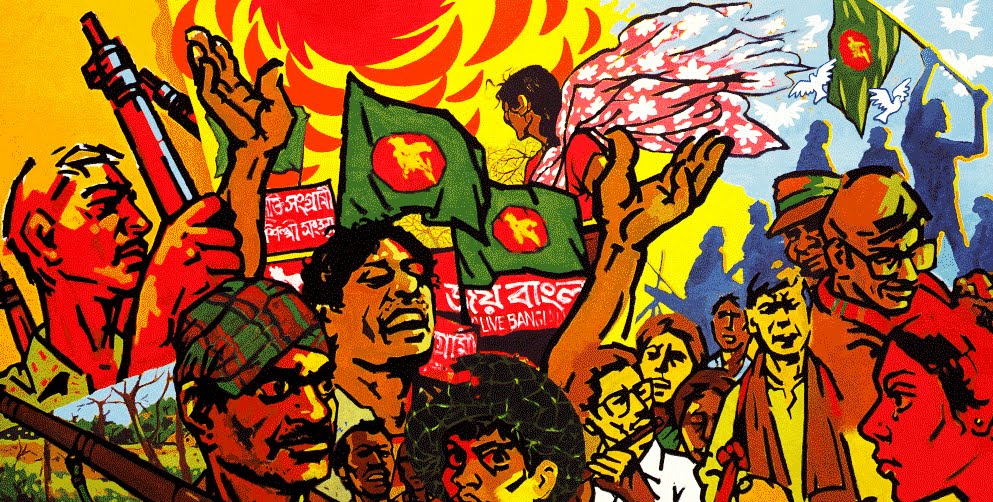SALEEM SAMAD
The dispute
resolution under the United Nations Convention on the Law of the Sea (UNCLOS) on
March 14 may also clear Myanmar
A top official on Thursday said Bangladesh eyes fresh mapping of offshore gas
blocks as dispute ends with Burma ,
also known as Myanmar
The tribunal based in Hamburg , Germany , upheld Bangladesh 's
claim to an exclusive economic zone of 200 nautical miles in the Bay of Bengal,
and to a substantial share of the outer continental shelf beyond, thus ending
its maritime boundary dispute with Myanmar
The government asked Petrobangla to prepare a new map with the gas blocks
properly demarcated in keeping with the international ruling, Monsur said.
Days after the victory
at a U.N. court in Bangladesh 's
maritime boundary claims the Bangladesh Navy has made its first patrol across
the settled boundary in the Bay of Bengal .
In 2008, Bangladesh floated its offshore block bidding
for oil and gas exploration and a U.S. India and a part of block 11 by Myanmar
Saleem Samad, an Ashoka Fellow in journalism, is a Bangladesh Bangladesh in 2004, for whistle-blowing of the arrival
of Jihadists with links to international terror network fled during Anglo-US
invasion of Afghanistan Canada










